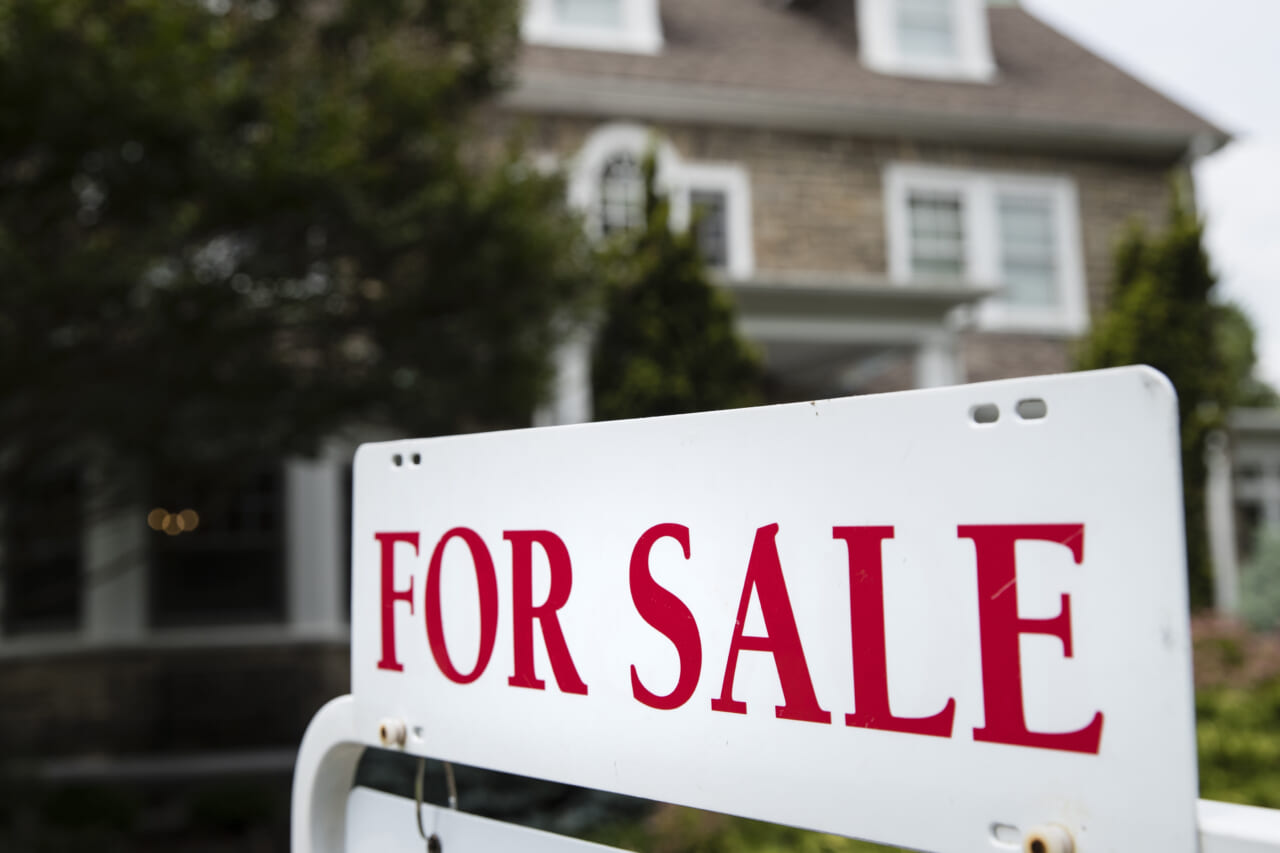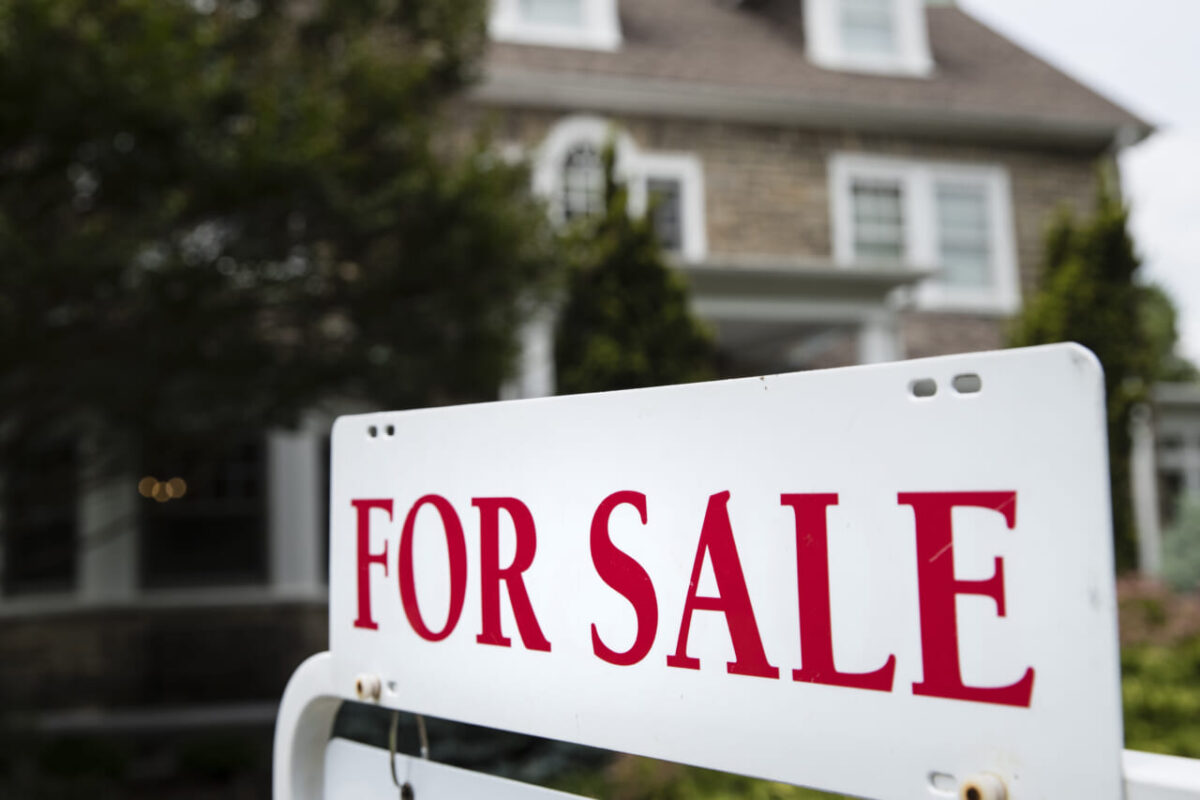As Black homeonwnership struggles to see gains, experts fear Trump will only make it worse

“If the Trump administration takes steps to implement the Heritage Foundation’s Project 2025 plan and rolls back civil rights protections, the Black homeownership rate will fall.”
Progress in Black homeownership is declining, according to the 2024 State of Housing in Black America report, which was commissioned by the National Association of Real Estate Brokers. The past two years have been particularly difficult, but even before 2021, Black homeownership was either falling or stagnant and remains far from its pre-2004 high of nearly 50%.
During her tenure as secretary of the Department of Housing and Urban Development under the Biden-Harris administration, Marcia Fudge warned that Black homeownership was at the level it was in 1968, the year the Fair Housing Act – which prohibited housing discrimination – was passed into law.
Lisa Rice, president and chief executive officer of the National Fair Housing Alliance, told theGrio that the Black homeownership rate “hit an all-time high of 49.7%” in 2004 but then “steadily declined to a low of 40.6%” in the second quarter of 2019.
Tracking the rate over the last twenty years, Bill Clinton’s presidency (1993-2001) saw a high of 46.9% in Black homeownership. The challenge for Black homeownership came during President George W. Bush’s administration when banks noticed a rise in Black home sales. Subsequently, those financial institutions targeted Black homeowners with interest-only mortgages, which resulted in a flurry of foreclosures among Black Americans.
Marvetta Bozeman, the incoming president of the Empire Board of Realtists, lists the hurdles for homeownership that Black Americans continue to face:
1. Lack of affordable housing (median home prices have increased, but salaries haven’t).
2. There has been an increase in institutional investors purchasing more affordable homes, and then renting them out for higher rents. This affects a family’s ability to save for a down payment.
3. The recent National Association of Realtors’ $418 million settlement may affect Black borrowers who have trouble obtaining funds to compensate a realtor. Not being unrepresented by a professional with such a major purchase could result in further challenges.
4. Potential Black homebuyers are not obtaining mortgage loans at the same rate as whites.
5. Gentrification is out-pricing Black residents and resulting in high taxes and an increase in property insurance.
Another issue of concern is bias in housing appraisals of homes owned by Black Americans, which is something the Biden-Harris administration has worked to address through federal programs.
However, the concerns over the next four years are real, according to Rice, who laments, “If the Trump administration takes steps to implement the Heritage Foundation’s Project 2025 plan and rolls back civil rights protections, the Black homeownership rate will fall.”
“One of the things Project 2025 seeks to do is eliminate special purpose credit programs,” she explained. “That program works to give credit to borrowers who are part of a protected class or who live in a specific area.”
More must-reads:

